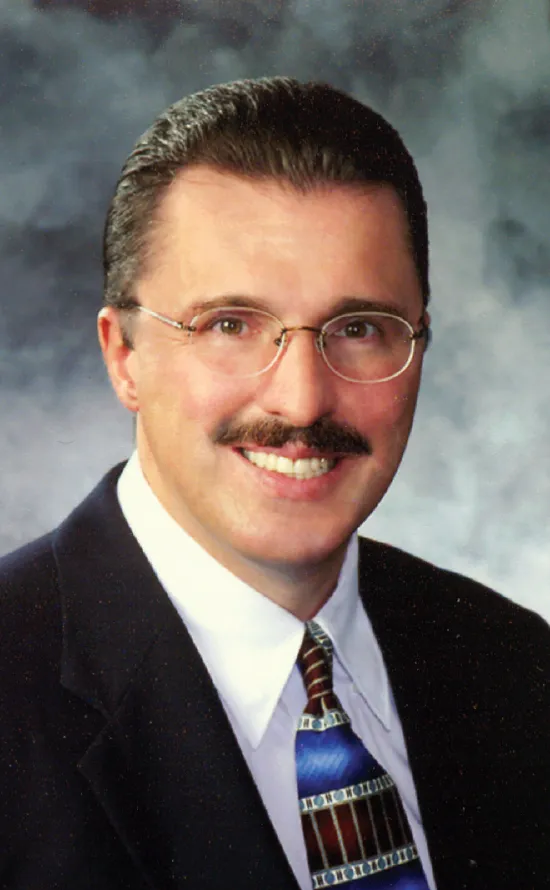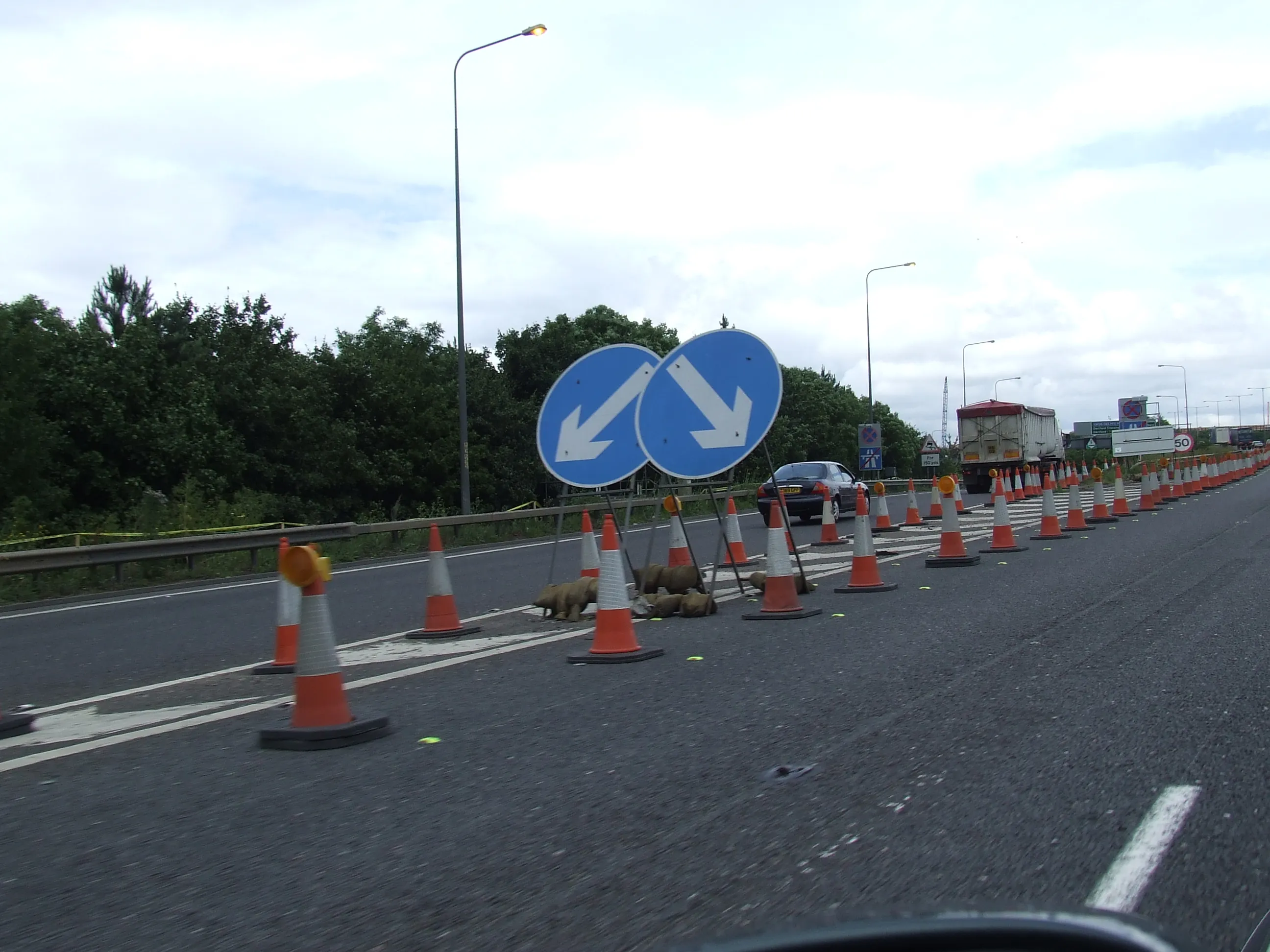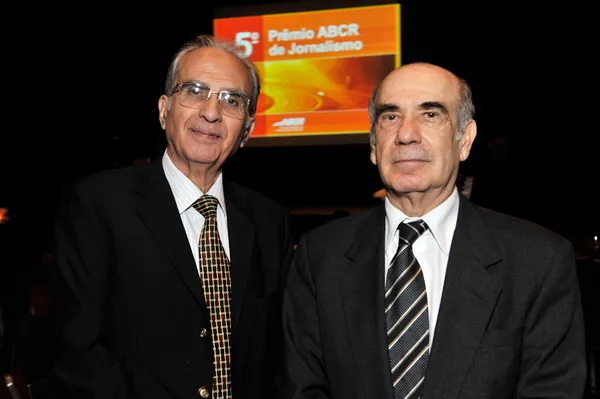The Association of Equipment Manufacturers (AEM) is offering a novel solution to funding sources for the US Highway Bill.
February 15, 2012
Read time: 3 mins

The Association of Equipment Manufacturers (AEM) is offering a novel solution to funding sources for the US Highway Bill.
This system will allow the US to rebuild and modernise the interstate system without raising fuel taxation. The proposal, advanced by AEM represents an on-going effort to reinvigorate the stalled debate on infrastructure investment financing. The proposed system was developed jointly by Jack Schenendorf, former vice chairman of theAs the deadline looms to reauthorise the US surface transportation policy by September 30, Schenendorf unveiled two alternative solutions to supplement current federal transportation revenues in a policy paper published by The
"Our manufacturers and farmers are at a competitive disadvantage with other countries because of aging infrastructure that has suffered decades of neglect. We risk losing manufacturing and agriculture jobs to overseas markets if Congress further reduces highway spending, as has been proposed in the House. With no political will by policy makers to increase the gas tax, we must look for other practical solutions that ensure the nation's transportation needs are satisfied," said Dennis Slater, president of the
"Both Congress and the President have recognised the severity of our infrastructure problem and the need to fix it. But neither has been able to come up with a funding solution to pay for the increased investments. This proposal will provide the critically needed funding to modernise our surface transportation system, and allows Congress to increase transportation investment without raising motor fuel or diesel fuel taxes and with no increase to the debt or the deficit," asserted Schenendorf. The revenue-neutral transportation funding proposal offers two alternative solutions: a Federal Interstate User Fee (FIUF) and a Federal Motor Carrier User Fee (FMCUF). The Federal Interstate User Fee would work by requiring all vehicles using the Interstate Highway System to pay a user fee. This would be collected through an EZ Pass-like system, which would be entirely electronic. There would be no tollbooths. All of the revenues generated by the fee would be deposited in a special account in the Highway Trust Fund. The revenues would be used exclusively to restore the Interstate Highway System to a state of good repair and to expand to meet the challenges of the 21st century. The fee structure would be set annually, by an independent group of experts, at the level necessary to reimburse the states in accordance with policies established by Congress for the federal share of these improvements. These fees would not however be designed to control the level of traffic or to price out drivers from using the Interstate.
Meanwhile the Federal Motor Carrier User Fee would be imposed on commercial trucks using roads and would be collected through GPS-like systems currently being used by many trucking companies. Importantly, trucks would not be double-charged for distances travelled on the Interstate; rather, those journeys would be recorded through the Federal Interstate User Fee programme. All of the revenues generated by this fee would be deposited in a special account in the Highway Trust Fund and would be used exclusively for freight-related improvements. The same independent entity discussed above would set the fee structure at the level necessary to reimburse the states in accordance with policies established by Congress for the Federal share of these freight improvements.









